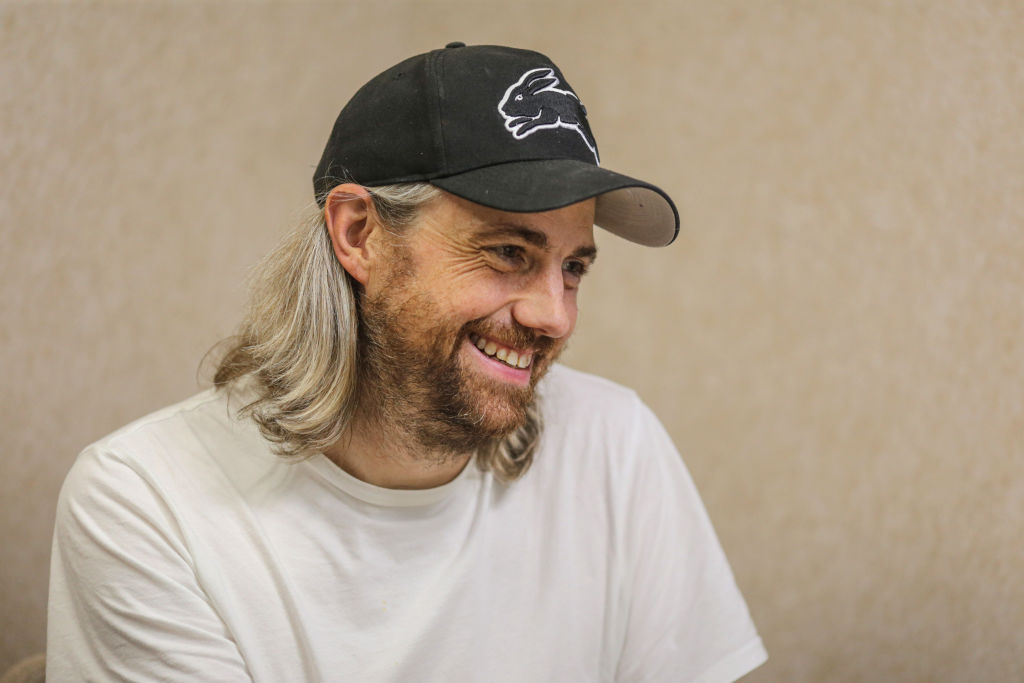
Billionaire Mike Cannon-Brookes is making new progress on plans to export clean energy from Australia to Singapore through a 4,200-kilometer (2,610-mile) submarine cable after taking control of the stalled project.
Cannon-Brookes’s Grok Ventures completed the acquisition of SunCable from administration and is advancing talks with authorities in both Singapore and Indonesia, the investment firm said Thursday. Revised plans envisage building a manufacturing plant for high voltage subsea cables to serve both the project and energy transmission developments globally.
Read More: Tech Billionaire Mike Cannon-Brookes on How Australia Could Become a Renewable Energy Superpower
The plan “has all the component parts to make the next great Australian infrastructure initiative possible,” Cannon-Brookes said in a statement. “There’s huge upside for both Australia and our neighbors.”
Under a first stage, a vast solar farm in Australia’s Northern Territory — forecast by Grok to become the world’s largest — would deliver at least an initial 900 megawatts of electricity supply to local industry around Darwin and 1.7 gigawatts for export to Singapore. The project aims to subsequently add a further 3 gigawatts for Australian customers.
SunCable has been touted as among solutions to help Asia’s fossil-fuel dominated economies — particularly those with limited space for solar and wind farms — switch to cleaner electricity sources. Original developers saw the proposal as part of a potential super-grid spanning Japan to India.
Read More: Could the World’s Largest Green Energy Hub Redefine How Companies Work With Indigenous People?
The initiative, which had an early price tag of A$30 billion ($19 billion), went into voluntary administration in January following a dispute between Cannon-Brookes and fellow billionaire Andrew Forrest, then also an investor. Forrest — an advocate of exporting clean energy as green hydrogen or ammonia — argued the undersea cable plan wasn’t commercially viable.
SunCable’s proposal involves the use of existing technologies, and a high level of customer interest in Singapore shows others consider the strategy to be feasible, Cannon-Brookes told reporters on a briefing call. “It is by far, I think, the cheapest way to export energy from Australia in volume and at affordable prices,” he said.
Grok aims to lodge a submission with Singapore’s Energy Market Authority for a conditional energy import license this month, according to Cannon-Brookes. Negotiations are ongoing with Indonesia over the use of its territorial waters to lay cables.
More Must-Reads from TIME
- How Donald Trump Won
- The Best Inventions of 2024
- Why Sleep Is the Key to Living Longer
- Robert Zemeckis Just Wants to Move You
- How to Break 8 Toxic Communication Habits
- Nicola Coughlan Bet on Herself—And Won
- Why Vinegar Is So Good for You
- Meet TIME's Newest Class of Next Generation Leaders
Contact us at letters@time.com